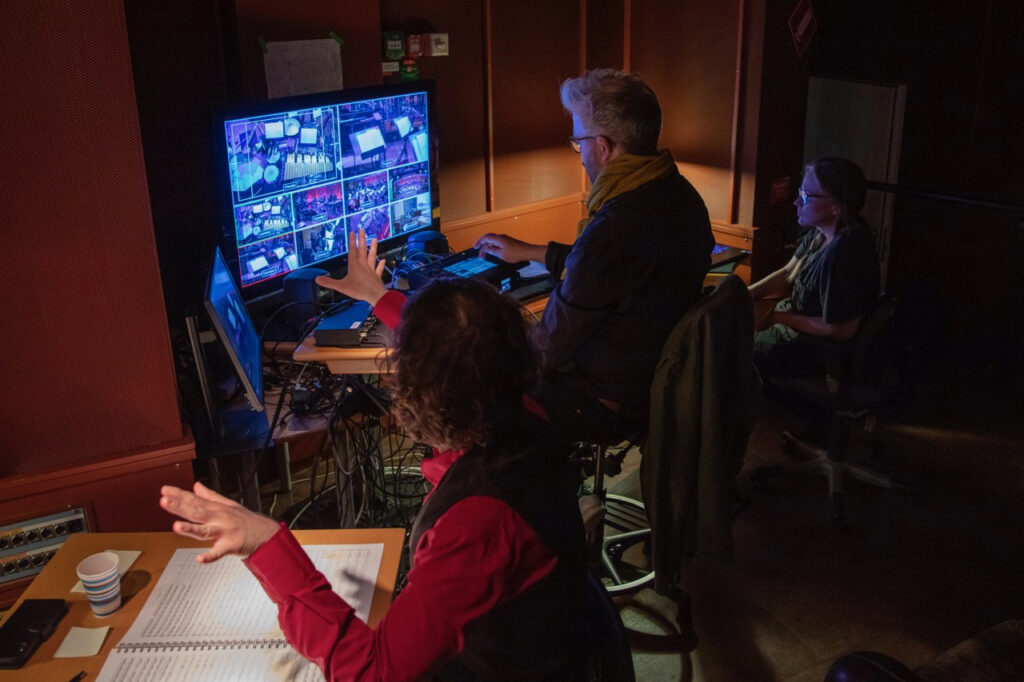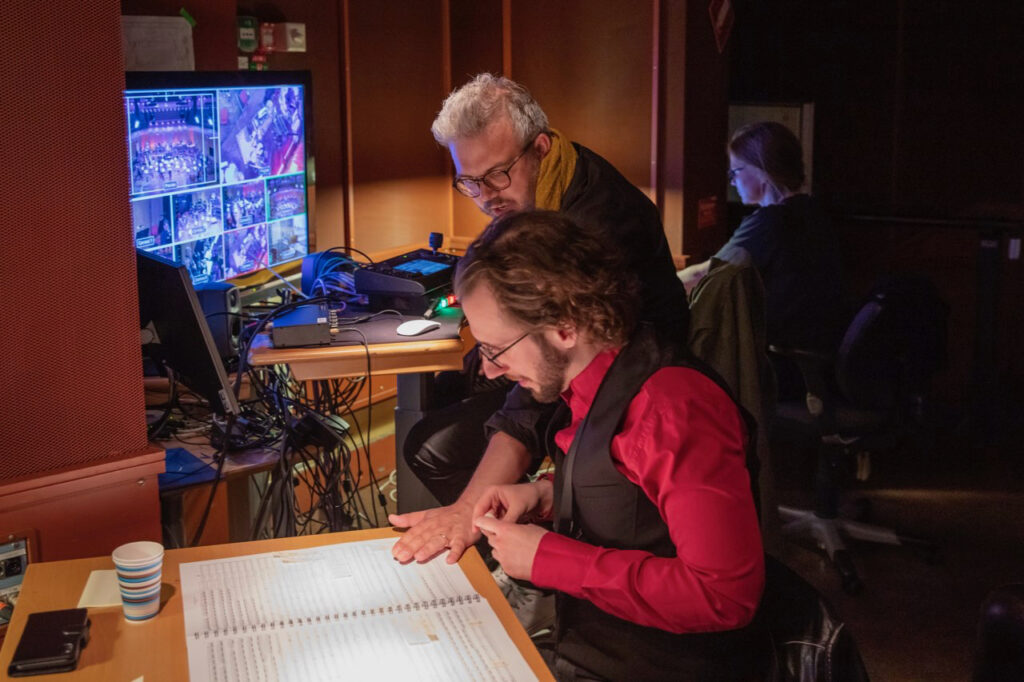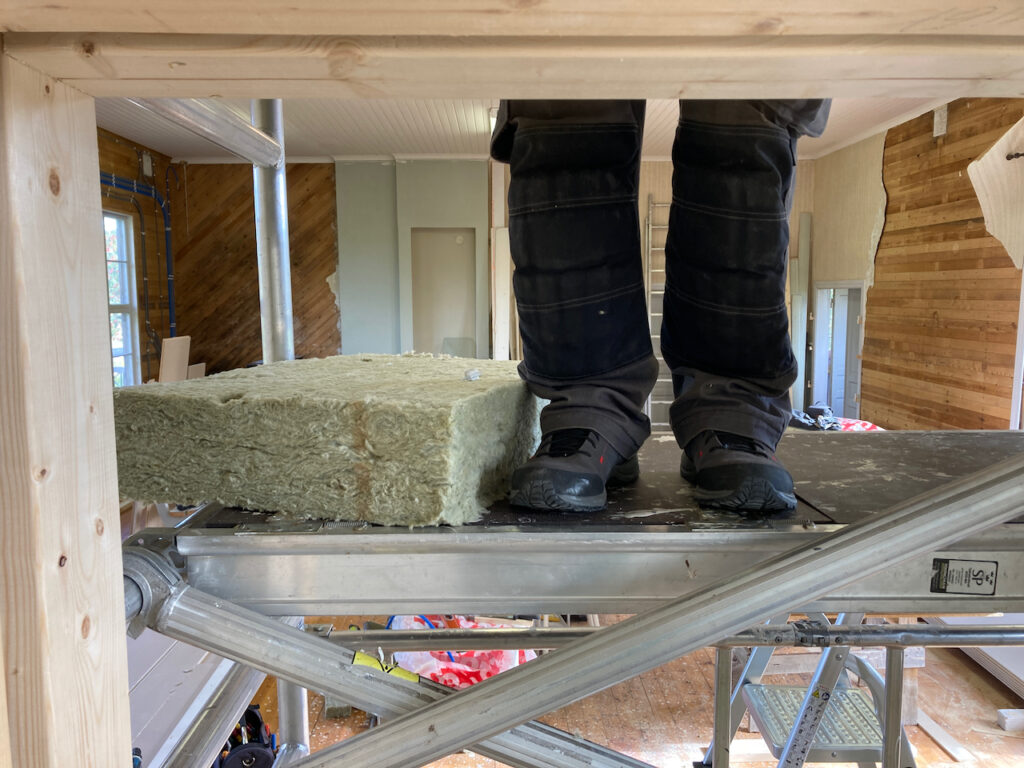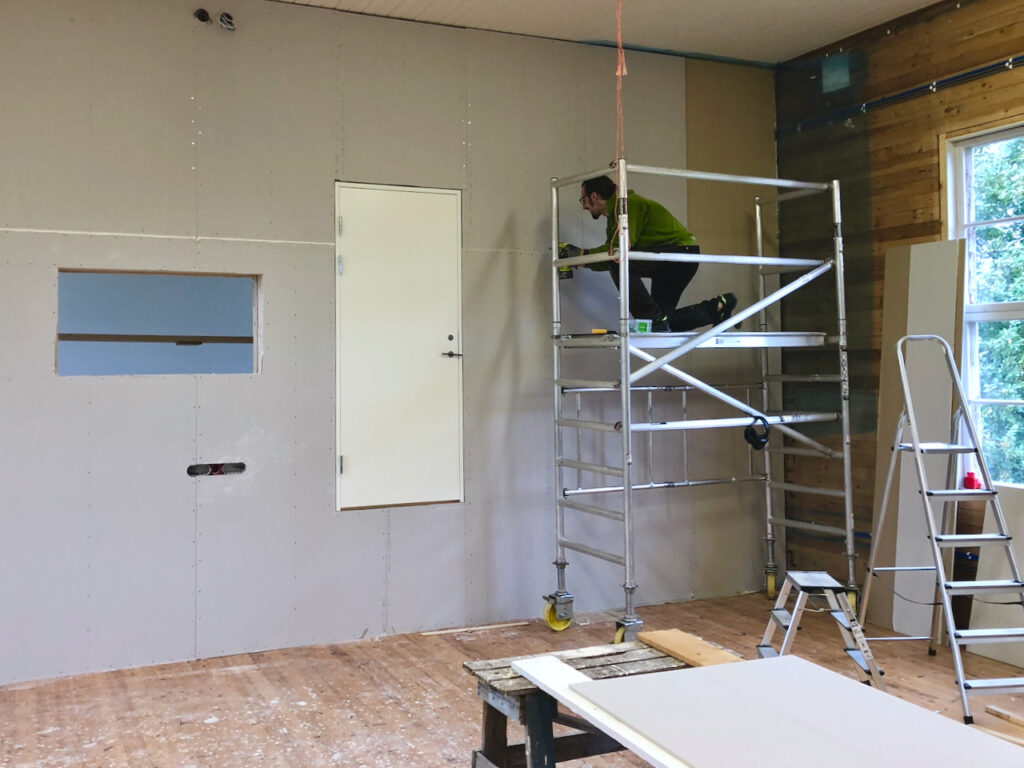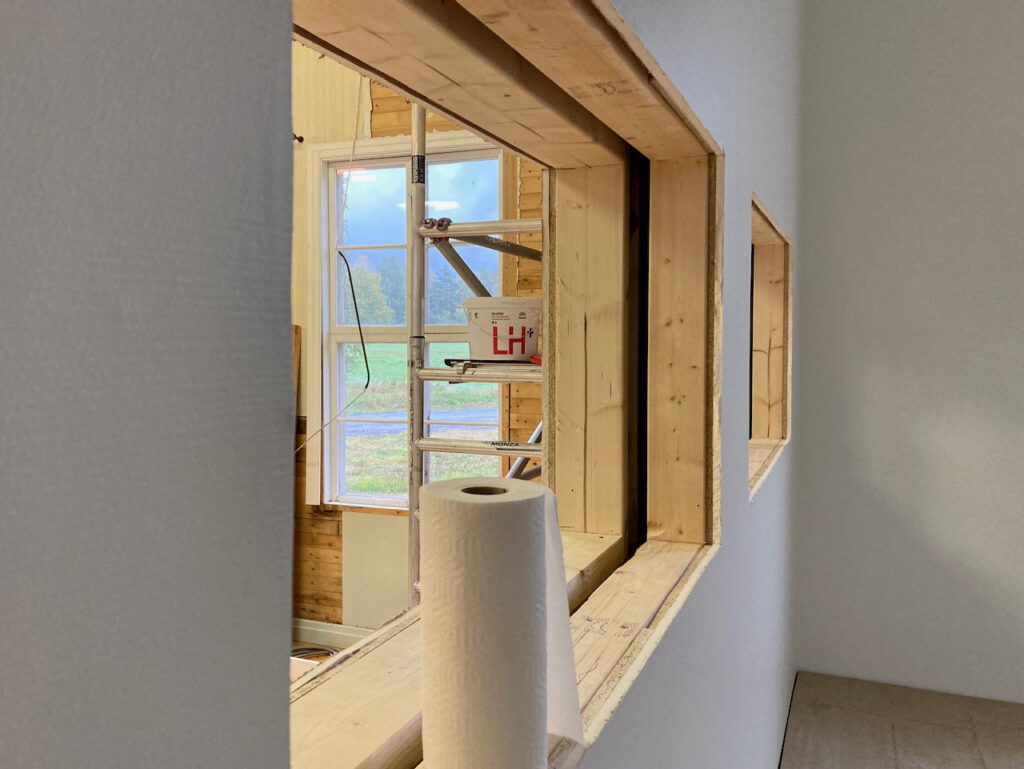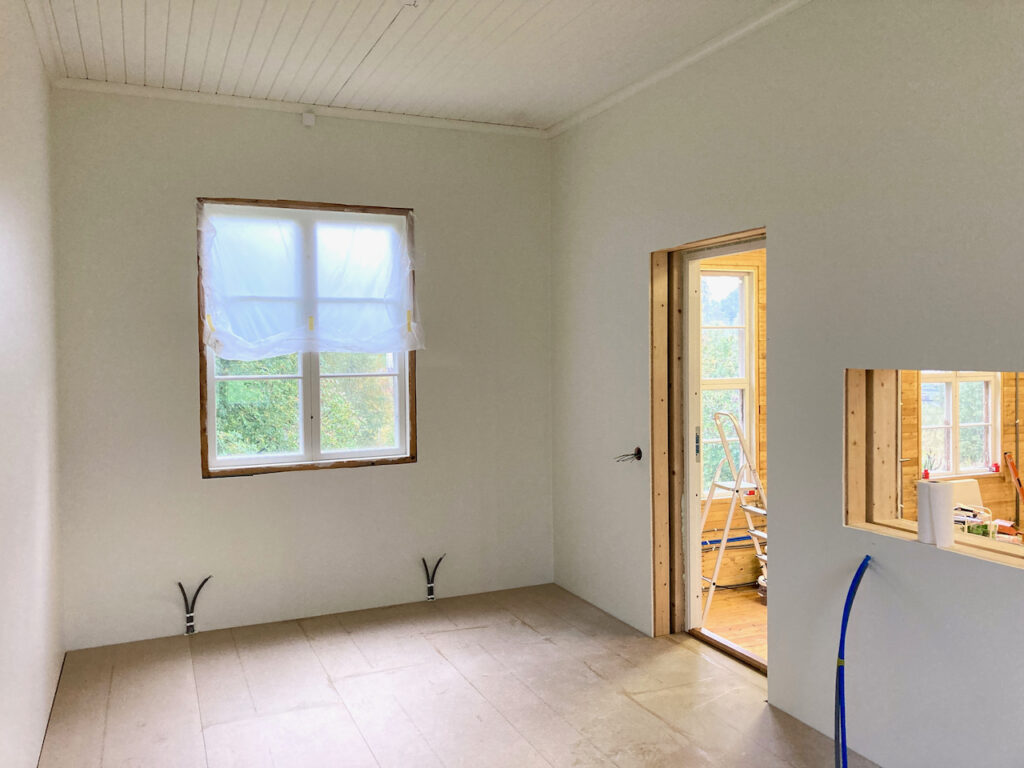Just as I had thought, last week turned out a busy one. Not that my weeks aren’t usually busy; in fact, the opposite tends to be also the exception to the rule. It was however also an exciting week with major progress on my new studio as well as getting back into teaching and choral conducting.
But first of all I am beyond thrilled to finally (yes, finally!) be able to share with you highlights from two of my most recent compositions that were premiered this summer. As recurring followers of this blog will know, they are my Sonata for Bassoon and Piano and my septet Books on a Bookshelf. I’ve already written extensively about both in earlier blog posts so I won’t discuss either in any greater detail right now. I would be happy to return to either or both of them in the future if you, my readers, would like to learn more about the composition process behind the pieces.
Now, without further ado, and before you read any further, please enjoy these lovely excerpts! (And, as the experienced YouTubers put it: “like, share, subscribe, etcetera”.)
These are definitely two of my personal favourites among my own works and I am very proud of both of them. I hope they will find plenty of performance opportunities in the future and that many will get the chance to hear them live and unabridged.
Changing subjects, I came to a realisation as I spoke on the phone with a teaching colleague of mine last night at Härnösands folkhögskola (a ‘folkhögskola’ or folk high school is a type of adult education institution common in the Nordic countries and German-speaking parts of Europe, not dissimilar to a community college).
I really love teaching. Like, really love teaching.
I knew already that I enjoyed it and found it satisfying, but last night it kind of dawned on me to what extent I enjoy teaching. I know it might sound lofty, stilted or pompous but I really do think of it as one of the most important professions one can have, to spread knowledge and understanding, to inspire and provoke curiosity and through this promoting inclusion and community.
Having just wrote that down I really do see how I might come across as more than a bit high-and-mighty, but that is exactly the opposite of what I want to achieve as a teacher and, by extension, a role model. By sharing my knowledge and experience with them and encouraging them to expand their own I want them to “level up”, to shamelessly borrow a convention from the world of gaming, and become intellectually stronger, happier and more fulfilled through a greater understanding of music, in my case, which hopefully in turn would feed into a positive spiral of increased curiosity spurring further learning, and so on.
This is a mindset I carry with me in many other engagements. Choral conducting, for instance, is also in my mind a kind of educational work as well as an artistic one. Sharing your interpretation of the music with the singers to make them and realise those ideas is educational. In addition, as a leader you have the opportunity to help the singers understand the music in new or different ways, particularly (but not only!) if it is a piece or a style of music that is new to the choir.
Another engagement to which I bring this mindset is working as a score supervisor in Berwaldhallen, a job I haven’t done since last year and that I sorely miss, both the job itself and my fantastic colleagues. In preparing scores for a broadcast, I consider several things. Obviously there are some constraints in what works visually, what we can capture in our cameras and such factors.
But there is also (at least in my opinion) an educational aspect to consider. Not only can you show the viewers what they can hear, directly connecting the aural and visual parts of the broadcast, but also what they perhaps cannot: Hidden colours or effects that add important ingredients to the musical mix but perhaps don’t stand out as much as other things. It is a way of discretely, unobtrusively educating the viewer about music and the way for instance complex orchestral works are constructed.
I’ve lost count of how many times I’ve heard (or heard about) people describing music as something almost magical, or at least mysterious. But just as with something as simple (or is it?) as card manipulation, that sense of wonder and amazement is at least partially tied to not understanding how something works. In fact, many others – particularly aspiring to work professionally with music and even some who do – talk about learning about and understanding the inner workings of music as something negative. They suggest that, once the secrets are revealed and the curtain is pulled, that music won’t be exciting anymore.
It probably won’t surprise you to learn that I wholeheartedly disagree with this notion.
Going back to what I wrote earlier about a greater understanding feeding into a positive spiral of curiosity and further learning, I unreservedly believe that understanding something by no means has to lead to disillusionment or dullness. Quite the contrary, in fact, I believe that the more you know about something, the greater you are able to appreciate it and in more ways than before.
This belief is backed up not only by my own experiences but also those of others, including some who have changed their minds from worrying about learning too much to wanting to learn ever more.
Another very recent example of this in my own life is my house, renovating and rebuilding it slowly but surely. When I took it over a little more than two years ago now, I had no previous experience of owning or caring for a house and going from nothing to a house this big meant a huge new responsibility and the need to learn a lot of new things. Fortunately, I have good friends and others to help me along the way and whose help and patient tutoring has been and is utterly invaluable.
Throughout this process, both what has happened so far and what is still left to do, has been incredibly stimulating and rewarding, if also more than a little terrifying and anxiety-inducing from time to time. But most of all it has been and still is a true delight to gradually understand more about, basically, how a house works. Not only am I very happy and proud of what I have been a part of constructing, but also simply being able to look at walls, doors, ceilings, electrical wiring, window frames, or what have you, and actually ‘getting it’ (or at least some of it) is in itself exciting and satisfying.
Now go back and look at the excerpts of the sonata and septet, if you haven’t already.

